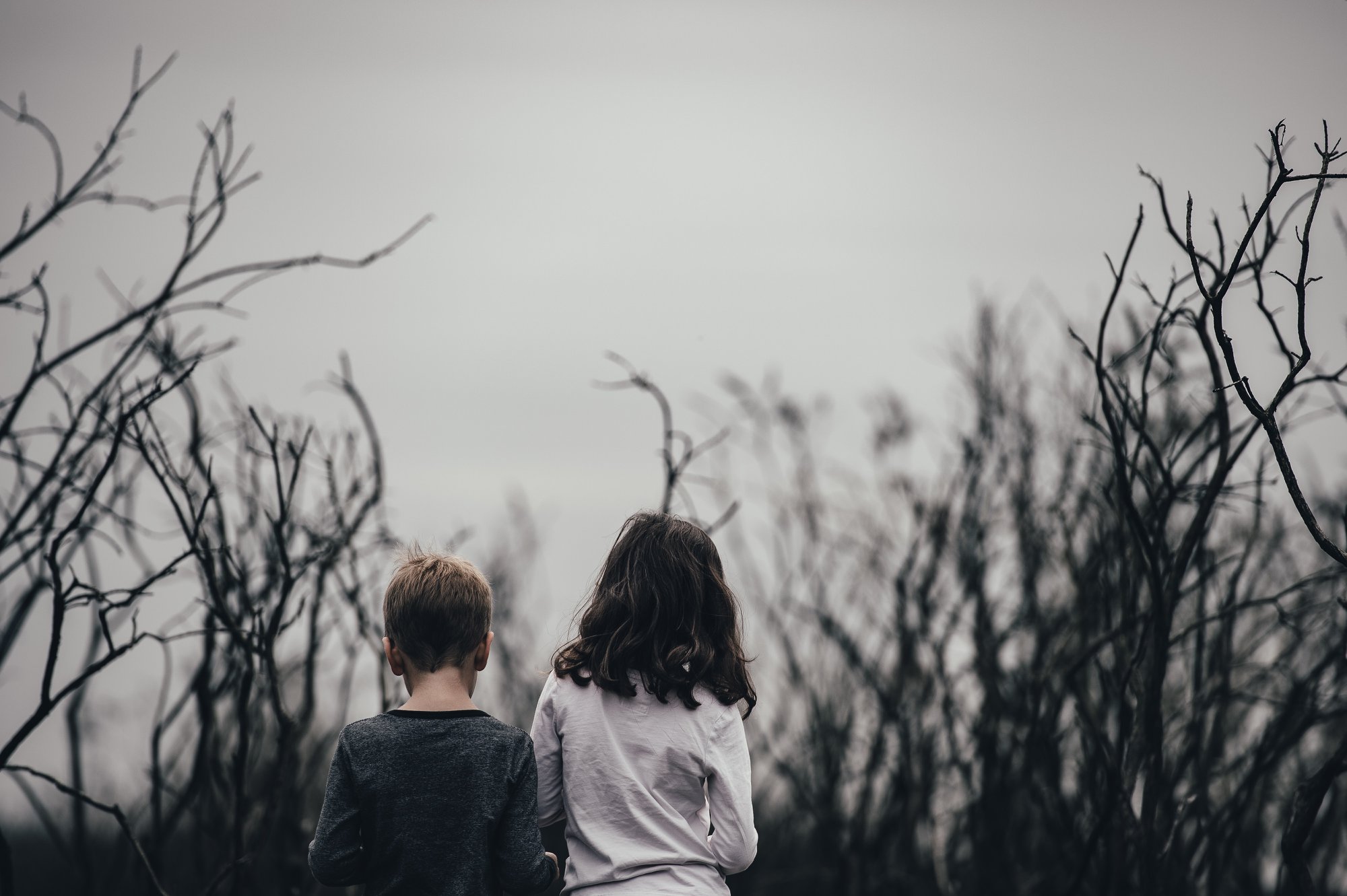
17 Jan Supporting your children around the Australian bushfires
1. Encourage open dialogue
Sometimes when we are trying to support children we turn away from distressing events, believing this will ‘protect’ them. In truth, not talking about things can lead to children worrying even more. Sure, they may not want to talk about it, but start by asking your kids’ permission to talk about the issue. Say, ‘the smoke is really bad at the moment. There is a lot of information on the news about the people and animals who have been impacted, do you want to talk about this at all?’ Follow their lead and if they don’t want to discuss it, don’t push it. Some children may be eager to talk about their concerns while others might find it difficult. Just remind your children that they can talk to you, their teachers and other trusted adults whenever they like.
2. Be honest, but sensitive in what you share.
Don’t dismiss or avoid your child’s concerns. Be sure to acknowledge their feelings and assure them it’s natural to feel sad or scared about these things.
Children have a right to truthful information about what is happening in the world but adults also have a responsibility to keep them safe from distress. Use age-appropriate language, be mindful of their reactions and be sensitive to their level of anxiety. You might look at a map together and discuss where the fires are. You can explain how people are working together to keep people safe and how it is important to listen to guidance in these situations. If you don’t know the answer to their questions, use it as an opportunity to explore the answers together.
3. Speak directly to their concerns
Sometimes kids worry what will happen to them if a fire comes, even if they have not been directly caught in this situation. Use this opportunity to work through a plan together. “We would get all of our pets and go the Grandma’s house”. Or, “we would pack our bags and go to a shelter where other people would also be”. Adapt it to your situation – it’s ok to reassure kids you have a plan in place and that they will be safe. Tell your children that you love them and remind them that the adults in their lives are always doing everything they can to keep them safe.
4. Help children get back to their normal routine
Children are resilient and hopeful, however, if they appear to be experiencing distress and anxiety then plan to spend extra time with them. Help them get back into their routines as quickly as possible so a sense of normalcy returns.
5. Focus on the positives.
There are many acts of kindness, generosity and bravery that have been evidenced in the middle of these bushfires. Everyday Australian’s are looking for help. This can be reassuring to kids – they may even be inspired to do something themselves. Raise some money through a stand, write some letters to emergency workers, find out what animal shelters are in need of.
7. Model taking care of yourself
Your kids will look to you to see how you are responding. It will help them to see that you are calm and in control. If you’re feeling anxious or upset, take time for yourself and reach out to other family, friends and trusted people in your community. If you want some extra help, get in touch with beyondblue.
This short video provides a more detailed look at how to support children immediately after a disaster or traumatic event.


Sorry, the comment form is closed at this time.